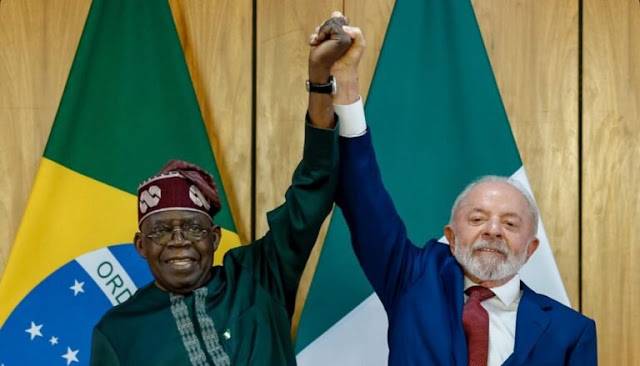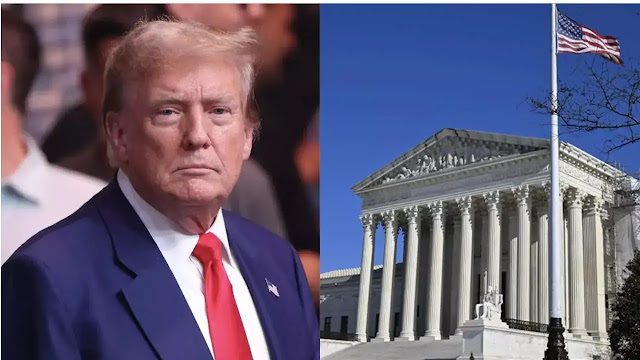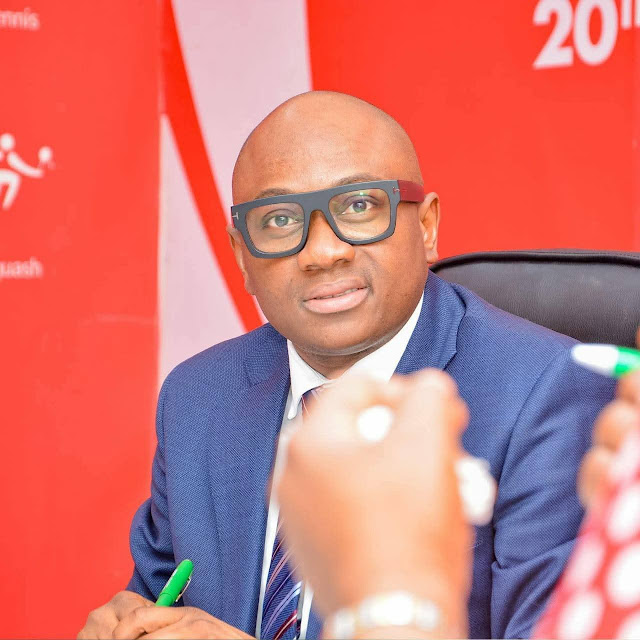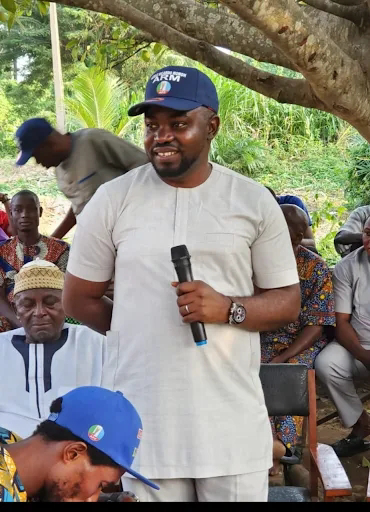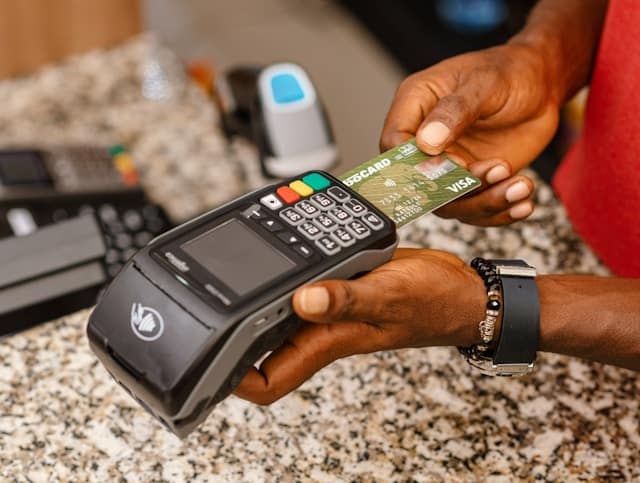In a landmark development for Nigeria’s international relations, President Bola Ahmed Tinubu embarked on a state visit to Brazil, a move hailed by Nigeria’s Information Minister, Mohammed Idris, as a transformative step toward deepening economic ties, strengthening cultural connections, and amplifying Nigeria’s influence on the global stage. This visit, which has been described as a pivotal moment in Nigeria-Brazil relations, underscores the growing strategic partnership between the two nations and positions Nigeria as a leading voice for Africa in global diplomacy. The visit, marked by the signing of five key Memoranda of Understanding (MoUs), the inauguration of direct flights, and the reinforcement of historical and cultural bonds, signals a new era of collaboration that promises mutual benefits for both countries and the broader African continent.
A Strategic Partnership Rooted in Shared Goals
President Tinubu’s visit to Brazil represents the fourth high-level engagement between him and his Brazilian counterpart, President Luiz Inácio Lula da Silva. This frequent interaction reflects the deepening trust and shared vision between the two leaders, who are both committed to fostering economic growth, cultural exchange, and sustainable development. According to Minister Idris, the visit was not merely a bilateral endeavor but a platform for Nigeria to champion Africa’s collective interests on the global stage. “When President Tinubu speaks, he speaks for the continent. Nigeria is a continental and global leader,” Idris emphasized, underscoring Nigeria’s role as a beacon of African leadership.
The strategic partnership between Nigeria and Brazil is built on a foundation of mutual respect and shared aspirations. Both nations, as leading economies in their respective regions, recognize the potential for collaboration in addressing global challenges such as food security, climate change, and economic inequality. The visit provided an opportunity to formalize this partnership through the signing of five MoUs covering critical sectors: Foreign Affairs, Aviation, Science and Technology, Agriculture, and Cultural Exchange. These agreements are not mere formalities but are expected to yield tangible outcomes that will enhance the livelihoods of citizens in both countries.
Economic Ties: Unlocking New Opportunities
One of the most significant outcomes of President Tinubu’s visit was the Bilateral Air Services Agreement (BASA), which has paved the way for direct flights between Nigeria and Brazil. This agreement marks a turning point in the economic relationship between the two nations, as it eliminates the need for lengthy connecting flights that previously made travel between Nigeria and Brazil cumbersome and time-consuming. Prior to this agreement, travelers faced journeys lasting over 24 hours, often requiring multiple layovers. The inaugural direct flight, operated by Nigeria’s Air Peace, connected Brasília to Lagos in just seven hours, a development hailed as a game-changer for trade, tourism, and people-to-people connections.
Minister Idris highlighted the broader implications of the direct flight agreement, stating, “This is not just about ease of travel. It’s about unlocking trade, tourism, and cultural exchange.” The reduced travel time is expected to boost commerce by facilitating the movement of goods, services, and business professionals between the two countries. For instance, Nigerian businesses can now more easily access Brazilian markets, which are known for their robust agricultural and industrial sectors. Similarly, Brazilian companies can explore investment opportunities in Nigeria, Africa’s largest economy, particularly in sectors such as energy, agriculture, and technology.
The aviation agreement also holds immense potential for tourism. Brazil, with its vibrant cultural heritage, iconic landmarks like the Christ the Redeemer statue, and world-famous events like the Rio Carnival, is a prime destination for Nigerian tourists. Conversely, Nigeria’s rich cultural tapestry, historical sites, and natural wonders, such as Yankari National Park and the Osun-Osogbo Sacred Grove, could attract Brazilian visitors. The direct flights are expected to make these destinations more accessible, fostering a two-way flow of tourists that will generate significant economic benefits.
Beyond aviation, the MoUs signed during the visit cover critical areas of economic cooperation. In agriculture, for example, Nigeria and Brazil are exploring ways to collaborate on modern farming techniques, mechanization, and agro-processing. Brazil, a global leader in agricultural innovation, has much to offer Nigeria, which is seeking to diversify its economy away from oil dependency and achieve food security. The exchange of expertise and technology in this sector could help Nigeria boost its agricultural productivity, create jobs, and reduce its reliance on food imports.
Similarly, the MoU on Science and Technology opens the door for collaboration in areas such as renewable energy, artificial intelligence, and biotechnology. Nigeria, with its burgeoning tech ecosystem and growing population of young innovators, stands to benefit from Brazil’s expertise in these fields. Joint research initiatives, technology transfers, and capacity-building programs could position both nations as leaders in the global innovation landscape.
Cultural Connections: Healing Historical Wounds
The visit also carried profound historical and symbolic significance, as it sought to reconnect Nigeria and Brazil through their shared cultural and ancestral ties. Nigeria and Brazil share a complex history rooted in the transatlantic slave trade, during which millions of Africans, many from present-day Nigeria, were forcibly taken to Brazil. This shared history has left an indelible mark on Brazilian culture, particularly in regions like Bahia, where African influences are evident in music, dance, religion, and cuisine. Minister Idris described the visit as “a symbolic healing of historical wounds,” emphasizing the importance of acknowledging this shared past while building a future based on mutual respect and collaboration.
The MoU on Cultural Exchange is a key component of this effort. It aims to promote cultural dialogue through initiatives such as art exhibitions, film festivals, and exchange programs for artists, musicians, and scholars. These initiatives will not only celebrate the shared heritage of Nigeria and Brazil but also foster greater understanding and appreciation between their peoples. For example, Nigerian cultural festivals, such as the Durbar in northern Nigeria or the Argungu Fishing Festival, could be showcased in Brazil, while Brazilian cultural expressions like samba and capoeira could find a wider audience in Nigeria.
The cultural exchange also extends to education. By facilitating student and academic exchanges, the two countries can nurture a new generation of leaders who are well-versed in the histories, languages, and cultures of both nations. This could include scholarships for Nigerian students to study in Brazil and vice versa, as well as joint research projects on topics of mutual interest, such as African diaspora studies or sustainable development.
Nigeria’s Role as a Continental Leader
President Tinubu’s visit to Brazil is not only a milestone for Nigeria-Brazil relations but also a testament to Nigeria’s growing influence as a continental leader. As Africa’s most populous nation and largest economy, Nigeria has long played a pivotal role in shaping the continent’s political, economic, and cultural landscape. Minister Idris emphasized that Tinubu’s engagement in Brazil was a platform to advance Africa’s collective interests, noting that “Nigeria is a continental and global leader.”
This leadership role is evident in Nigeria’s active participation in regional and international organizations, such as the African Union (AU), the Economic Community of West African States (ECOWAS), and the United Nations. By strengthening ties with Brazil, a key player in the Global South, Nigeria is positioning itself as a bridge between Africa and other regions of the world. This is particularly important in the context of global challenges like climate change, where Nigeria and Brazil can advocate for policies that address the needs of developing nations.
The visit also aligns with Nigeria’s broader foreign policy objectives under President Tinubu’s administration. Since taking office, Tinubu has prioritized economic diplomacy, seeking to attract foreign investment, promote trade, and position Nigeria as a hub for innovation and development. The agreements signed during the Brazil visit are a concrete manifestation of this vision, as they create new opportunities for Nigerian businesses, entrepreneurs, and citizens.
Tangible Benefits and Future Prospects
While the symbolic and strategic significance of the visit cannot be overstated, the tangible benefits are already beginning to materialize. The direct flights between Nigeria and Brazil, for instance, are expected to have an immediate impact on trade and tourism. Nigerian businesses can now more easily export goods like cocoa, cashew nuts, and textiles to Brazil, while Brazilian companies can explore opportunities in Nigeria’s oil and gas, telecommunications, and consumer goods sectors.
The agricultural MoU holds particular promise for Nigeria, which is grappling with food insecurity and rising food prices. By learning from Brazil’s success in large-scale farming and agro-industrialization, Nigeria can modernize its agricultural sector, increase yields, and create jobs for its youth. This could also help Nigeria achieve its goal of becoming a net exporter of agricultural products, thereby boosting its foreign exchange earnings.
In the realm of science and technology, the collaboration with Brazil could accelerate Nigeria’s digital transformation. With a young, tech-savvy population and a thriving startup ecosystem, Nigeria is well-positioned to leverage partnerships with countries like Brazil, which has made significant strides in areas like renewable energy and e-commerce. Joint ventures in these areas could lead to the development of innovative solutions tailored to the needs of both nations.
The cultural exchange initiatives, meanwhile, are expected to foster greater people-to-people connections. By showcasing Nigerian culture in Brazil and vice versa, the two countries can build bridges of understanding that transcend borders. This is particularly important in an era of globalization, where cultural diplomacy plays a critical role in fostering peace and cooperation.
Challenges and Opportunities
While the outcomes of President Tinubu’s visit are undeniably positive, there are challenges that both Nigeria and Brazil must address to fully realize the potential of their partnership. For Nigeria, one key challenge is ensuring that the agreements signed during the visit are effectively implemented. Bureaucratic bottlenecks, corruption, and inadequate infrastructure have historically hindered the execution of international agreements in Nigeria. To avoid this, the government must establish clear timelines, allocate sufficient resources, and monitor progress to ensure that the MoUs translate into concrete results.
Another challenge is the need to balance economic benefits with social and environmental considerations. For example, while increased trade and investment could boost Nigeria’s economy, it is essential to ensure that these activities do not exacerbate inequality or harm the environment. Nigeria and Brazil, both of which face challenges related to deforestation and climate change, must work together to promote sustainable development practices.
On the Brazilian side, there may be concerns about the risks of investing in Nigeria, given the country’s history of political instability and security challenges. However, President Tinubu’s administration has taken steps to address these issues, including reforms to improve the business environment and enhance security. By continuing on this path, Nigeria can build confidence among Brazilian investors and pave the way for deeper economic cooperation.
Despite these challenges, the opportunities are immense. The Nigeria-Brazil partnership has the potential to serve as a model for South-South cooperation, demonstrating how developing nations can work together to achieve shared goals. By leveraging their complementary strengths—Nigeria’s large market and natural resources, and Brazil’s technological and agricultural expertise—the two countries can create a win-win scenario that benefits their citizens and strengthens their positions in the global economy.
Conclusion
President Bola Tinubu’s state visit to Brazil marks a turning point in Nigeria-Brazil relations, heralding a new era of economic, cultural, and diplomatic collaboration. The signing of five MoUs, the inauguration of direct flights, and the reaffirmation of historical and cultural ties have laid the foundation for a robust partnership that promises to deliver tangible benefits for both nations. For Nigeria, the visit reinforces its role as a continental leader and a global advocate for Africa’s interests. For Brazil, it opens the door to new markets and opportunities in Africa, the world’s fastest-growing continent.
As the two nations move forward, the focus must be on translating these agreements into concrete outcomes that improve the lives of their citizens. By fostering trade, promoting cultural exchange, and advancing innovation, Nigeria and Brazil can build a partnership that not only strengthens their bilateral ties but also serves as a beacon of hope for the Global South. President Tinubu’s visit has set the stage for a brighter future, one where Nigeria’s voice resonates louder on the global stage, and Africa’s potential is fully realized through strategic partnerships like this one.


